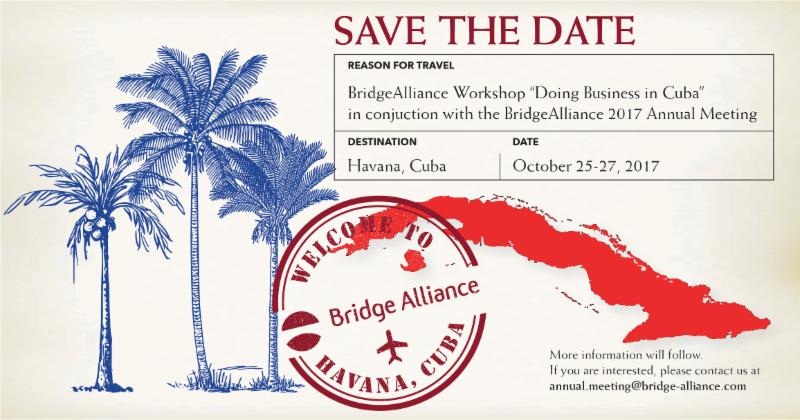The Case of the
Incredible Shrinking Airline Seat
FAA has to reconsider regulating airplane seats
A federal judge in Washington D.C. has ordered the Federal Aviation Administration to review seat sizes and legroom on commercial airlines.
The ruling comes after an advocacy group, Flyers Rights, petitioned the FAA in 2015 to implement new rules to regulate seat space. Since the FAA declined the request, Flyers Rights took the matter to court and now won the right to move forward.
The argument of Flyers Rights is that the space is a matter of safety, not merely comfort. Small airline seats can put people's health at risk
with conditions like deep vein thrombosis, which can cause blood clots
in people's legs and therefore be potentially life threatening. On the
other hand, the FAA relied on studies and tests, which say that seat spacing is a matter of comfort, not safety.
The judge ruled in favor of the advocacy group,
when writing that aircraft seats and the spacing between them have been
getting smaller and smaller, while American passengers have been
growing in size. She declared the tests and studies as outdated and irrelevant and agrees with Flyers Rights.
In conclusion, the judge sent the issue back to the FAA.
She said the agency must come up with a better-reasoned response to the
group's safety concerns. The FAA now wants to consider the ruling and
its next steps. The agency is evaluating the spacing between seat rows when testing to make sure that airliners can be evacuated safely. The airline industry itself has long opposed the regulation of seat size, mostly to squeeze in an extra seat and make more money. Therefore, its main U.S. trade group declined to comment on the ruling.
The space between seats strongly varies between different airlines. The most legspace is offered by JetBlue,
with 34 inches, the least by Spirit with 28 inches. Delta, American
Airlines, Virgin and Southwest are in the middle, with 31 inches
respectively 32 inches of space between seats.
It remains to be seen, whether this is a good thing for passengers. On the one hand, taller and bigger individuals will be glad about more space, whereas on the other hand, tickets will become more expensive, if the airlines have to take out seats in order to make more room. As of now, passengers are able to choose airlines with more or less space
in exchange for more expensive or cheaper tickets. If all airlines have
to make flying more comfortable, the ticket prices inevitably will rise
for most airlines.


